Celebrating God's Diverse Family
Dear Group Hosts,
As you may have noticed, I have been aligning our monthly newsletters with Pastor Rod's theme focus for the church. This month's theme is "Diversity and Multiculturalism." We are blessed to belong to a congregation with a rich history of being a multicultural community, and I would like to share some thoughts on how multiculturalism strengthens our community, enriches our understanding of faith, and how we can further embrace this strength in our small groups.
In today's increasingly connected world, our small groups have a wonderful opportunity to reflect God's heart for all peoples. This month, we focus on how multiculturalism strengthens our community and enriches our understanding of faith.
Devotional: "Every Nation, Tribe, and Tongue"
Scripture provides us with a compelling vision of God's kingdom in Revelation 7:9:
"After this I looked, and there before me was a great multitude that no one could count, from every nation, tribe, people and language, standing before the throne and before the Lamb."
What's remarkable about John's vision is that despite seeing a vast crowd—so numerous they couldn't be counted—all dressed identically in white robes and all waving palm branches in unified worship, he could still clearly distinguish their diverse cultural origins. John specifically notes they came from "every nation, tribe, people and language." This heavenly scene powerfully demonstrates that in God's kingdom, cultural identity isn't erased but celebrated, even as we are unified in Christ. When our small groups reflect this diversity, we're not merely implementing a contemporary social concept but bringing to life God's eternal vision for His church.
Jesus himself modeled multicultural ministry throughout His life and teaching. Though born into a Jewish context, Jesus repeatedly crossed cultural boundaries in ways that were revolutionary for His time:
He engaged deeply with Samaritans, a group despised by the Jews
He praised the faith of Gentiles, including a Roman centurion (Matthew 8:10) and a Canaanite woman (Matthew 15:28), holding them up as examples to His Jewish followers.
His inner circle included people from diverse backgrounds—from Matthew the tax collector (who collaborated with Romans) to Simon the Zealot (who opposed Roman occupation).
He ministered in Gentile territories like the Decapolis and reached out to people considered cultural outsiders.
In the Great Commission (Matthew 28:19-20), Jesus explicitly directed His followers to make disciples of "all nations", establishing multiculturalism as a foundational principle of the church.
Jesus didn't merely tolerate diversity—He actively sought it out, challenging the cultural prejudices of His day and demonstrating that God's kingdom transcends cultural boundaries while honoring the unique perspectives each culture brings.
The early church itself demonstrated remarkable diversity, bringing together Jews and Gentiles, people of various social standings, and individuals from numerous cultural backgrounds. All of this is a powerful reminder that God honors cultural identities rather than erasing them.
God's design for His kingdom is inherently multicultural. When we embrace diversity in our small groups, we're not just implementing a modern social concept—we're aligning ourselves with God's eternal vision. The early church itself was remarkably diverse, bringing together Jews and Gentiles, slaves and free people, men and women from various cultural backgrounds.
Practical Steps for Multicultural Small Groups
Create a welcoming atmosphere. Explicitly state that your group welcomes people of all backgrounds. Consider how your meeting space feels to someone from a different culture.
Learn about different cultures represented in your church. Take time to understand customs, and communication styles of various cultures in our congregation.
Incorporate diverse worship styles. Include songs, or readings from different cultural traditions occasionally.
Share meals together. Food is a universal language! Organize potlucks where members bring dishes from their cultural heritage.
Be aware of language barriers. Speak clearly, avoid complex idioms, and consider providing materials in multiple languages if needed.
Celebrate cultural holidays together. Learn about and acknowledge important cultural celebrations of your group members.
Reflection Question for Leaders
This week, consider: "In what ways might my leadership style or group practices unintentionally favor one cultural perspective over others?"
Remember, multiculturalism is about creating a genuine community where everyone belongs and the full richness of God's family is expressed.
